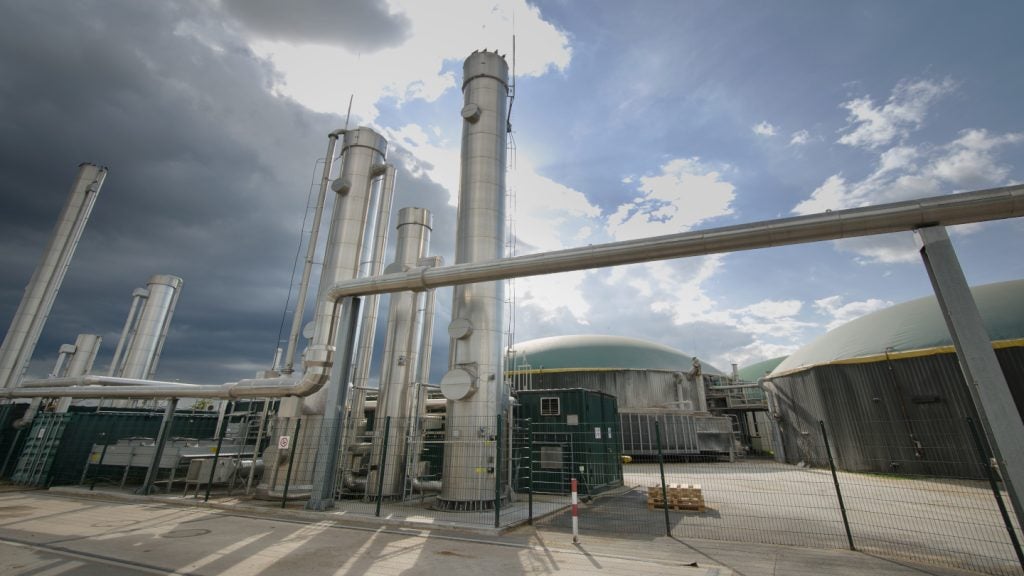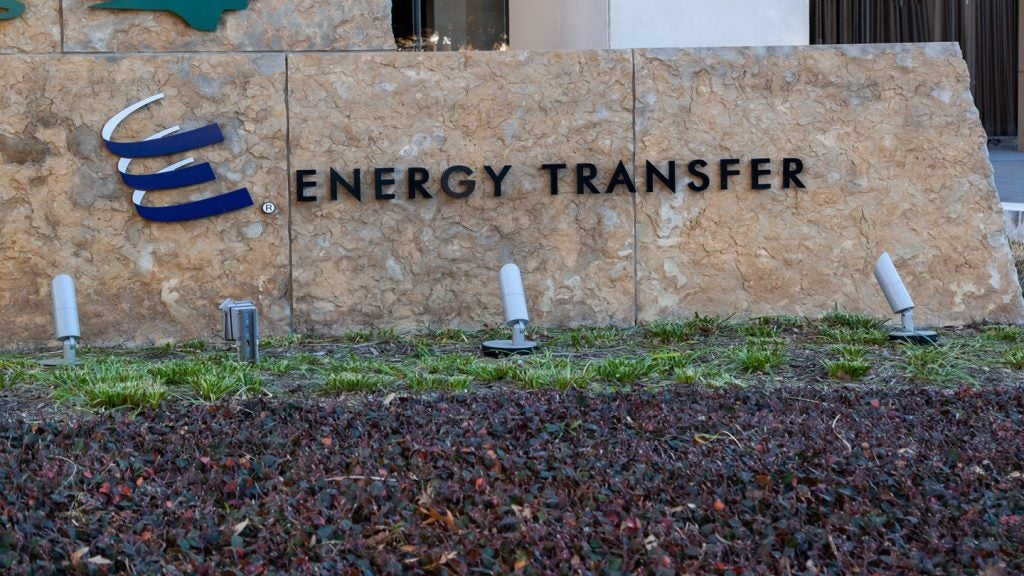As part of its move away from fossil fuels and towards renewable energy, the UK Government has announced that it will speed-up delivery of its so-called ‘skills passport’, with Scottish workers and industries also in line for financial help to aid the transition.
Ed Miliband, the UK’s Energy Secretary, visited Aberdeen on Thursday, and announced that the UK and Scottish Governments will partner “to make billions of pounds available in funding across the UK, including for Scotland’s clean energy industry”, said an official statement.
“Scottish energy workers will power the UK’s clean energy future, including in carbon capture and storage, in hydrogen, in wind, and with oil and gas for decades to come as part of a fair transition in the North Sea,” added Miliband.
He continued that “we are also working closely with the Scottish Government with a new agreement to ensure our publicly owned company Great British Energy is primed to accelerate clean energy investment in Scotland”.
In line with its manifesto pledges, the UK Government is speeding up the delivery of the passport, a process to support primarily oil and gas workers to move into jobs in renewable energy, often offshore wind.
Great British Energy, a planned British governmental investment body, has been given £8.3bn ($10.82bn) of funding over the current Parliament, and will seek to develop partnerships with Scottish public bodies to accelerate Scotland’s pipeline of clean energy projects.
The passport is an industry-led initiative overseen by RenewableUK, the trade association for wind power, wave power and tidal power industries, and Offshore Energies UK, supported by the UK and Scottish Governments. It will align standards, recognise transferable skills and qualifications, and map out career pathways for suitable roles.
A digital tool for workers is set to be piloted by January 2025.
The statement argued that many of the skills required for the transition already exist, with research from Offshore Energies UK, which represents the offshore energy industry, showing that 90% of oil and gas workers have transferable skills for offshore renewable jobs.















